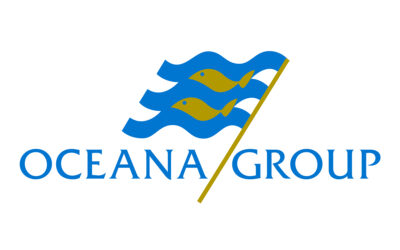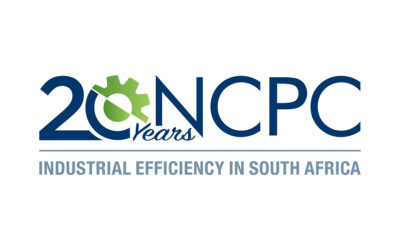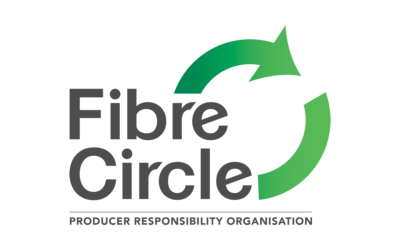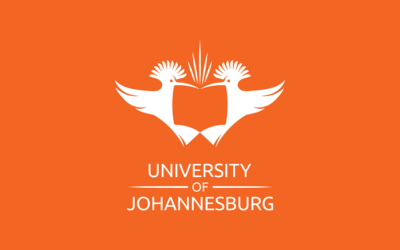Tebogo Maleka works as a national project coordinator for the United Nations Industrial Development Organization. Her work is part of a three-year initiative — funded by the Japanese government — that examines the feasibility of switching from conventional plastics to sustainable substitutes.
Being a member of the committee that successfully coordinated the launch and official handover of the biodegradation assessment laboratory equipment to the Council for Scientific and Industrial Research (CSIR) in Pretoria — making the CSIR South Africa’s first accredited biodegradation testing facility — was one of her proudest moments. The facility will be able to verify biodegradability claims on imported and locally produced materials, leading to job creation as well as the promotion of inclusive and sustainable growth.
What she took away from this project is that waste management procedures need to specifically promote waste-picker integration to ensure that the role of waste pickers and their entrepreneurial ability is properly acknowledged and appreciated. “Waste pickers should be included in the planning and execution of municipal recycling programmes and other recycling activities that support South Africa’s resource efficiency and recycling production process,” she says.
Maleka wants South Africans to realise how water-scarce our nation is, and how heavily reliant we are on imports such as oil. “It’s critical that we respond appropriately to avert this calamity since a resilient economy depends on access to electricity, food and water.” If the problems with energy, food and water are dealt with separately, there is every chance that food and water insecurity will be added to the nation’s growing list of environmental problems. “We must change how we view our natural resources and adopt a newly balanced life,” she says.
Waste pickers should be included in the planning and execution of municipal recycling programmes












